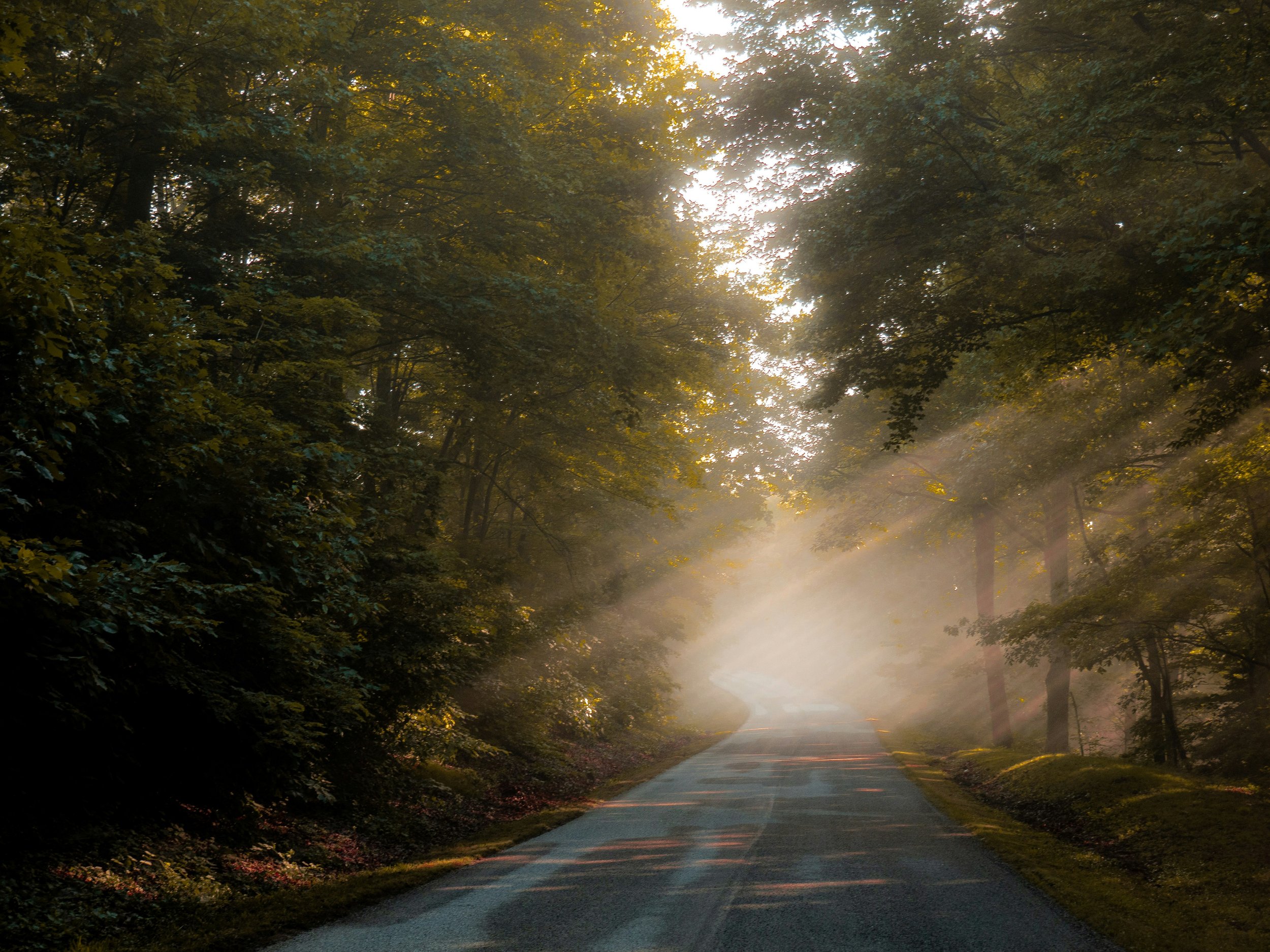When Intuition Leads: My Journey Back Behind the Wheel
I'll never forget the first time I drove my car after breaking my spine–without permission, encouragement, or anyone else thinking it was a good idea.
I had an intuitive knowing that I needed to get behind the wheel as soon as possible. Fear of driving is so common after a near-death car crash, and I knew if I didn't confront it early, it would fester into something far harder to overcome.
When I was still barely able to shuffle along using a walker in my rehabilitation facility, I asked my doctor, “When can I drive again?” With a gentle smile, praising my determination, he explained that driving wouldn't be possible while I was on muscle relaxers around the clock. "Let's revisit this at your next appointment,” he kindly offered.
I didn't like being told to wait. Patience has never been my virtue.
Yet, this same doctor was someone who truly believed in my recovery. He told me, “You're going to have a story that will inspire so many.” My friends and family echoed this encouragement, rooting for me when I couldn't yet see my own potential. Trauma has a way of putting blinders on you–your vision becomes narrowed to a pinhole of immediate survival.
From my wheelchair-bound vantage point, I could barely see beyond my next milestone: walking independently.
I’m deeply grateful to have had others holding the torch of possibility for me until I was ready to grasp it myself. Having a community that sees your potential before you do is a catalyst for profound transformation.
I left that conversation with my rehab doctor absolutely determined: I was going to get off those muscle relaxers, get behind the wheel, and reclaim my autonomy–ASAP.
When I was first admitted to the rehabilitation facility, having arrived by ambulance from the hospital, my initial goal had been simple: "I just want to be able to wipe my own ass." At discharge, aiming to get behind the wheel of a car felt like a logical next step.
I weaned myself off around the clock muscle relaxers in just ten days.
I had developed my own method—purely from my inner knowing, not from anyone else's advice or guidance:
I'd see how long I could stretch the time between pills.
I'd meticulously record the intervals.
Watching the time steadily increase provided a dopamine hit.
Each day, I found my new breaking point—and then intentionally broke past it.
This self-created method became the blueprint for my entire recovery.
At that time, I still wasn't able to walk my dog, cook meals for myself, or take a shower and make my bed on the same day. Yet, inexplicably, something inside me said it was time to drive.
These seemingly illogical desires–those intuitive whispers–have continually raised the bar for my recovery. No one was pushing me forward except myself. I can't emphasize this enough: this was purely intrinsic, driven by an unwavering desire for personal freedom.
I trusted myself enough to believe I could make it around the block and back safely. As I climbed into the driver's seat, what used to feel second nature now felt entirely new. My neurologist explained that after major trauma, everything you do feels like doing it for the very first time.
Turning on the ignition reminded me instantly of the immense power and potential danger contained in the vehicle. Once you've nearly died in a car accident, your perception of driving shifts permanently–you never forget to respect the force you're controlling.
Slowly, carefully, I pulled onto the street and stopped at the stop sign just one house away. My neck felt weary, eyes cautiously scanning left and right.
I signaled to turn right and began rotating the wheel.
My upper back screamed, muscles clashing against metal rods in my spine. My nerves sent sharp signals of panic and pain.
Inhale. Exhale.
With determined breaths, I slowly navigated around the block–a perfect rectangle of cautious triumph.
Pulling back into my driveway, turning off the engine, tears poured down my face uncontrollably.
I had done it.
In that small, seemingly simple act, I reclaimed a piece of my freedom and autonomy. It was proof that I could trust myself, even after everything I'd been through.
This first "freedom ride" was a crucial lesson for my ongoing journey: trust yourself deeply, because your inner knowing is the compass that guides you through fear, doubt, and back to your true power.
I share this to remind you that your seemingly impossible intuitive desires–the ones no one else may understand–could very well be your greatest pathway to healing.

